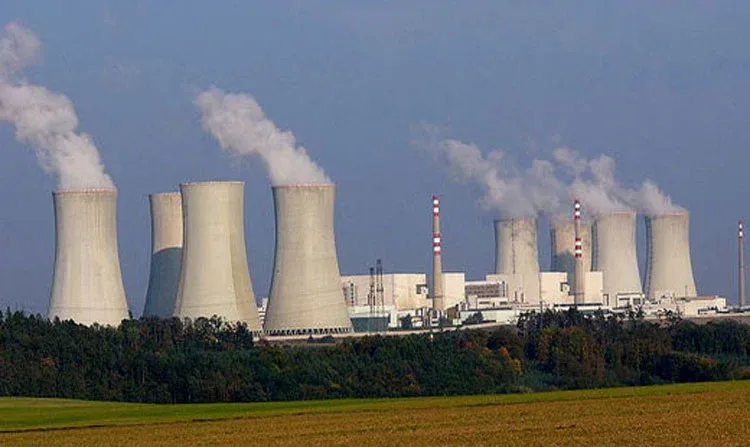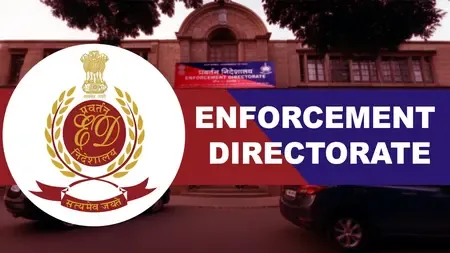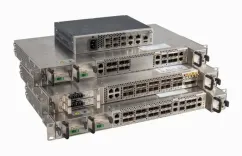How Does the CRF Workshop Highlight Nuclear Energy's Importance for India's Energy Security?

Synopsis
Key Takeaways
- Significance of Nuclear Energy: Emphasized as a cornerstone for India's clean energy future.
- Collaborative Efforts: Importance of private sector involvement in advancing nuclear power.
- Regulatory Reforms: Critical for enabling investment and modernization.
- Small Modular Reactors: Identified as key technology for decarbonization.
- Innovative Financing: Highlighted as essential for the scalability of nuclear projects.
New Delhi, May 28 (NationPress) The independent think tank Chintan Research Foundation (CRF), in partnership with Grant Thornton Bharat, announced the successful completion of a prestigious national workshop titled “Private Sector Participation in the Nuclear Power Sector in India: Opportunities, Challenges, and the Path Ahead” in the capital city.
This workshop was convened against the backdrop of India’s rising energy demands and its long-term clean energy objectives, including the goal of achieving 100 GW of nuclear power capacity by 2047 as part of the Nuclear Energy Mission.
The event served as an important platform for engaging discussions among various key stakeholders such as ministries, regulators, public sector enterprises, leading private corporations, think tanks, legal firms, financial institutions, and international strategic partners.
CRF President Shishir Priyadarshi opened the workshop with a welcome address, followed by a keynote speech from Dr. Montek Singh Ahluwalia, who underscored the critical significance of nuclear energy in securing a clean energy future for India.
A presentation by Grant Thornton Bharat provided insights into the global landscape surrounding nuclear-private sector partnerships and highlighted structural challenges and opportunities in the Indian context.
The panel discussion on ‘Policy and Regulatory Reforms’ included insights from representatives of the Vivekananda International Foundation, Grid Controller of India Ltd, Centre for Air Power Studies, and PLR Chambers. They discussed governance, regulatory frameworks, and the modernization of legal standards.
Key discussion points revolved around proposed changes to the Atomic Energy Act, 1962, and the Civil Liability for Nuclear Damage Act, 2010; liability-sharing mechanisms; the necessity for modernizing licensing processes; updating seismic and exclusion zone regulations; and creating flexible governance models under the Electricity Act for pricing and project structuring.
The session on ‘Enabling Frameworks for Investment’ included participants from Adani Group, JSW Energy Ltd, L&T Heavy Engineering, National Institute of Advanced Studies, Council for Energy, Environment and Water, and FICCI.
Discussions focused on practical challenges associated with structuring feasible nuclear projects under existing public procurement formats; global financing models for nuclear projects, such as the Regulated Asset Base (RAB) approach; and the importance of building domestic supply chain resilience and developing skilled human resources to support the 100 GW ambition.
The concluding session on Nuclear Technology and International Diplomacy included contributions from NTPC Ltd., World Nuclear Association, The Voices of Nuclear, RePlanet France, Pacific Forum, Westinghouse, and Pranos Fusion.
Key points of discussion included the strategic role of Small Modular Reactors in decarbonization and distributed clean energy; India’s position in global technology partnerships; fuel security strategies; and the need for proactive public communication to foster trust in nuclear energy as a clean and safe alternative.
The workshop underscored that India’s energy transition must actively involve collaboration with private sector partners, particularly to access advanced technologies and expertise.
Stakeholders advocated for innovative financing mechanisms that reduce capital costs, ensure tariff certainty, and bolster supply chains to facilitate the scalable deployment of nuclear technologies, including small modular reactors.










